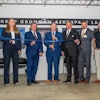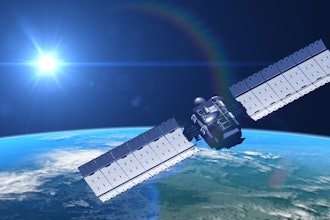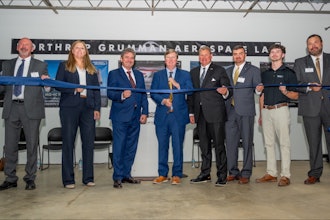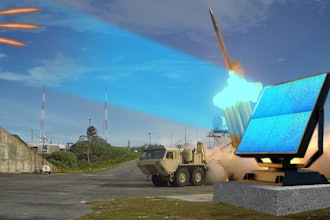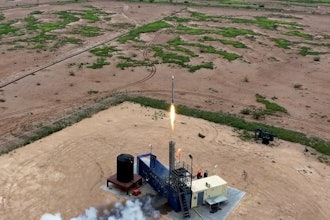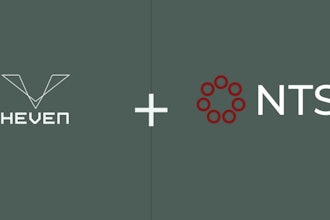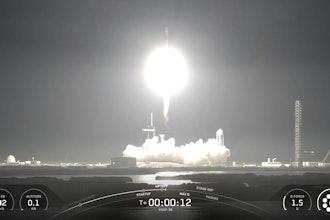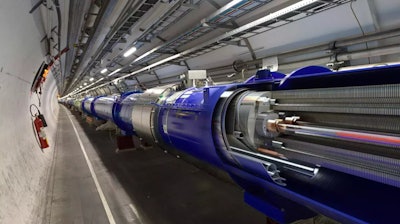
Airbus UpNext, a wholly owned subsidiary of Airbus, and CERN, the European Laboratory for Particle Physics, are launching a project to evaluate how superconductivity can contribute to the decarbonization of future aircraft systems. The Super-Conductor for Aviation with Low Emissions (SCALE) demonstrator aims to promote the adaptation and adoption of superconducting technologies in airborne electrical distribution systems.
“In its research, CERN pushes the limits of science and engineering, and partners with industry to enable innovation, with positive environmental impact,” said Raphael Bello, CERN’s Director of Finance and Human Resources. “Our technologies have the potential to be adapted to the needs of future clean transportation and mobility solutions, as demonstrated by this agreement with Airbus. This partnership is only a first step in our journey with the European leader in aviation, and shows how much we value the excellence of our Member States’ industry.”
“Our role at Airbus UpNext is to explore the full potential of technologies applied for future aircraft and to partner with the world leaders to prepare for this future. Partnering with a leading research institute such as CERN, which brought the world some of the most important findings in fundamental physics, will help push the boundaries of research in clean aerospace as we work to make sustainable aviation a reality”, said Sandra Bour-Schaeffer, CEO Airbus UpNext. “We are already developing a superconductivity demonstrator called ASCEND (Advanced superconducting and Cryogenic Experimental powertraiN Demonstrator) to study the feasibility of this technology for electric and hybrid aircraft. Combining knowledge obtained from our demonstrator and CERN’s unique capabilities in the field of superconductors makes for a natural partnership.”
The SCALE demonstrator combines CERN’s experience in superconducting technologies with Airbus UpNext’s capabilities in innovative aircraft design and manufacturing. First results are expected at the end of 2023. It is a first step of a long term collaboration that will pave the way to superconducting power distribution for aircraft. The initiative seeks to develop and test in laboratory conditions, an optimized generic superconductor cryogenic (~500kW) powertrain by end 2025. SCALE will be designed, constructed and tested by CERN using Airbus UpNext specifications and CERN technology. The demonstrator consists of a DC link (cable and cryostat) with two current leads. The cooling system is based on gaseous helium.



